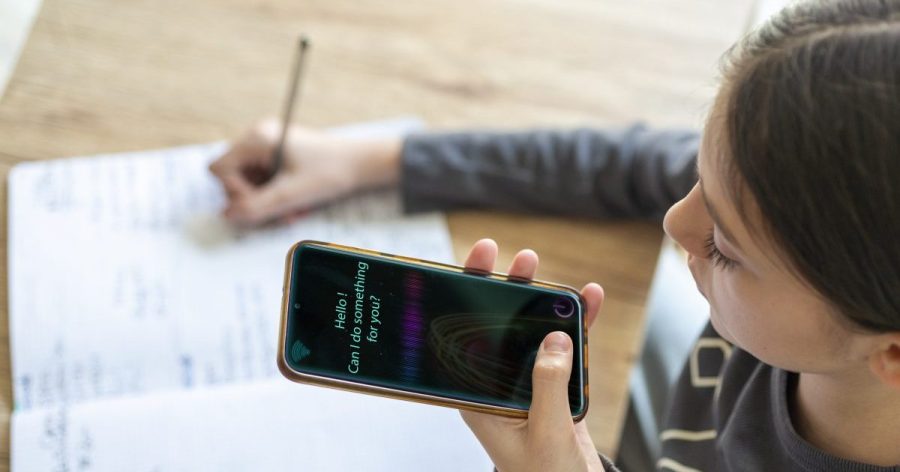The Impact of Generative AI on Student Experiences
The rise of generative AI has sparked a wave of concern across academic circles, with many expressing worries about its effects on learning and critical thinking. There are growing reports that students are using AI tools to bypass assignments, which raises questions about the integrity of their work. However, the perspective of students themselves on this issue is often overlooked.
As part of a research team at the University of Pittsburgh, we have been exploring how AI is shaping the educational landscape. Our focus groups with 95 students revealed that regardless of whether they actively use AI or not, it is significantly influencing their relationships with peers, instructors, and their coursework.
Positive Experiences with AI
Many students in our focus groups had used AI in academic settings, often when facing time constraints, perceiving tasks as busy work, or feeling stuck on a project. While most did not start projects with AI, many found it useful at some point. Some reported positive experiences, such as using AI to study, answer questions, or receive feedback on papers. In fact, some students even preferred using AI over seeking help from professors, tutors, or teaching assistants.
One student shared, “With ChatGPT you can ask as many questions as you want and it’s not going to judge you.” This sentiment highlights the perceived non-judgmental nature of AI, which can be less intimidating than attending office hours where professors might seem unapproachable.
However, despite these benefits, many students felt guilt or shame about their AI use due to ethical concerns or the perception of being lazy. Some even expressed a sense of helplessness, feeling that AI is an inevitable part of their future.
Anxiety and Distrust
Students also described feelings of anxiety and distrust towards peers who relied heavily on AI. Many mentioned that when they asked for help, classmates would simply use ChatGPT without truly understanding the material. This led to frustration and a sense of unfairness, especially in group projects where AI use was seen as a red flag.
One political science major noted, “It ends up being more work for me because it’s not only me doing my work by myself, it’s me double checking yours.” This sentiment reflects the added burden and resentment that can arise from relying on peers who may not fully engage with the material.
Distrust extended to relationships between students and faculty as well. Students feared being left behind if others used AI to achieve better grades, leading to emotional distance and wariness among peers. The mere possibility of AI use is now undermining trust in the classroom, creating a climate of anxiety around both baseless accusations and actual use.
The Importance of Relationships in Education
Research has shown that strong faculty-student and peer-to-peer relationships are crucial indicators of student success. If students avoid meaningful interactions with professors or peers due to discomfort with AI norms, higher education institutions may need to explore alternative ways to foster connections.
Residential campuses could emphasize in-person courses and interactions, while faculty could be encouraged to promote office hours and informal events where students and faculty can connect. These efforts could help create a more supportive environment for students navigating the complexities of AI in education.
A Complex Narrative
Our findings challenge the narrative that students using AI are simply cheaters. Instead, they reveal a more nuanced story of students grappling with a rapidly changing educational landscape, lacking clear guidelines and control over their learning experiences.
As generative AI continues to shape everyday life, it is essential for institutions to listen to students and find innovative ways to support their engagement with peers and faculty. Understanding these evolving dynamics is crucial, as how we relate to technology increasingly affects how we relate to one another.
Students are eager to discuss these issues and their impact on their futures, highlighting the need for ongoing dialogue and support in navigating the challenges posed by AI in education.







